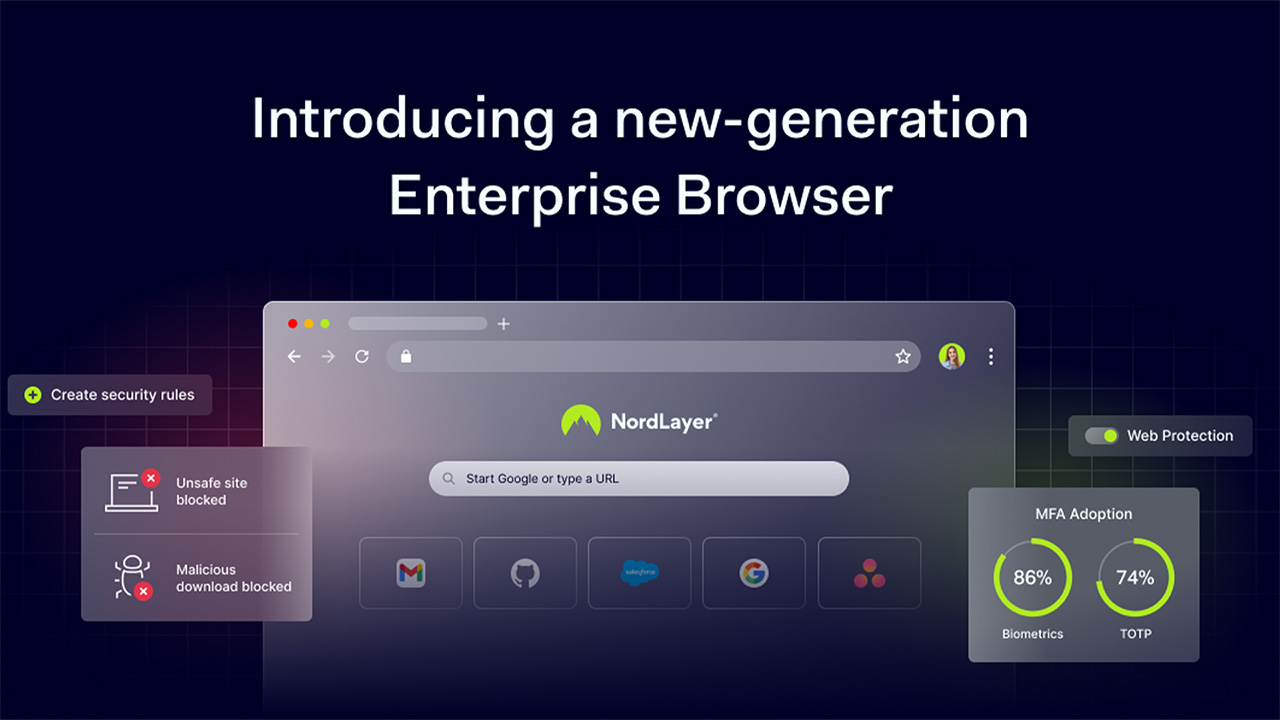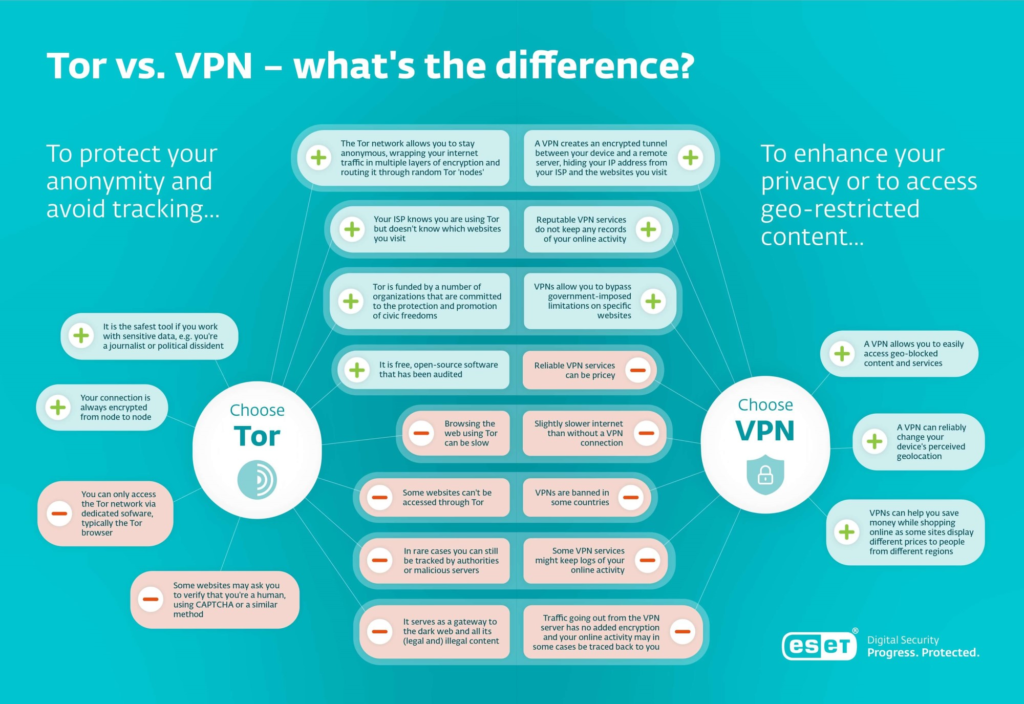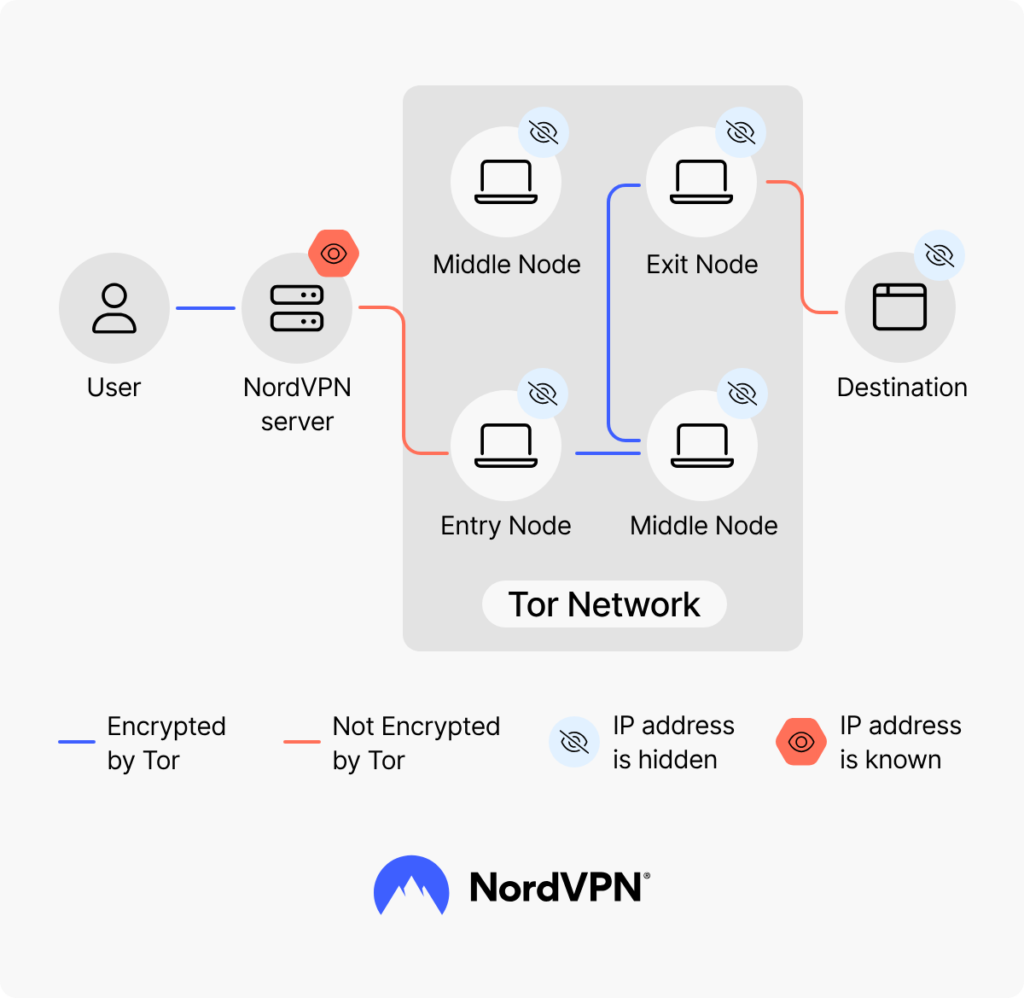
In the midst of today’s digital world, safeguarding your privacy has never been more important. As new cyber threats emerge daily and data mining continues to get more advanced, it is only natural for users to want to protect their digital trail. There are two leading choices that have remained candidates in the race for privacy: legacy VPNs and new-age, palsebreaking browsers. But which provides better protection for what you need? We’ll delve right into this detailed comparison.
Understanding VPNs: The Traditional Privacy Shield
Internet users have been using VPNs for a long time for the purpose of privacy improvement, but it has been their bread and butter. But just how do they work, and what good do they do?
Core Features of VPNs
- Encryption- VPNs encrypt your browsing information, so it would be extremely difficult for Hackers, Government institutions, or your ISP to track what you do online.
- Protects against IP Address: VPNs mask your IP address by routing your traffic through servers all around the world, rendering it harder for websites to pinpoint your real location and identity.
- Accessing to Worldwide Content: You can enjoy all the content throughout the world; you can be in the USA and access the UK; this is possible with VPNs!
- Prevent ISP Throttling: OverStreaming may decrease your total data usage each month, but for you streamers it can be a life saver. VPNs circumvent this by hiding your online activities from your provider.
- Public Wi-Fi Safeguards: VPNs provide a vital layer of security when logging on to risky open networks at coffee shops, airports, and hotels.

NordLayer’s next-generation browser combines VPN capabilities with enhanced browsing security features Source: Tom’s Guide
But VPNs aren’t perfect either. Like many VPNs, they can slow down internet connections, as tunneling is slower than standard connections, and because of encryption overhead and server distance between yourself and the VPN server. Some services also block VPN connections entirely, and installing them is difficult for novices.
Next-Gen Browsers: The Modern Privacy Approach

Next gen browsers are the next phase in web browsing with privacy built-in, not bolted-on. These browsers are rethinking the way we browse the web, with built-in privacy features that go beyond a mere “incognito” mode or signal that you don’t want to be tracked.
Key Features of Next-Gen Browsers
- Tracker Blocking Built-In: Next-level privacy against tracker, cookie, and fingerprinting, without any add-ons.
- Privacy Superpowers: These super-secure browsers actually protect your privacy while you browse the web and avoid generating records of your visit.
- Smart Cookie Management: Fine tune your cookie permissions, control how long they are stored and automaticallydeleted when you close a tab.
- Anti-Fingerprinting Technology: Defense against various browser fingerprinting methods used to identify and track users on the web.
- Integrated Privacy-Focused Search: Many next-gen browsers feature search engines that don’t track your queries or build advertising profiles based on your searches.
Next-generation enterprise browsers incorporate advanced security features Source: NordLayer
“A browser VPN isn’t going to protect the rest of your online life outside the browser, so it’s generally not the best idea to rely on a free one. A dedicated VPN will always be better,” writes one r/VPN commenter on Reddit, calling out a major difference between the two. Reddit
Direct Comparison: VPNs vs. Next-Gen Browsers
In order to determine which is the best solution for you, I’m going to compare these technologies against several key considerations:
Privacy Protection Scope
VPNs: Protect all internet traffic from your device, including apps, games, and system updates—not just browser activity.
Next-Gen Browsers: Focus primarily on web browsing privacy, leaving other applications potentially vulnerable.

Ease of Use
VPNs: Require installation, configuration, and often a paid subscription. Users need to remember to activate them before browsing.
Next-Gen Browsers: Offer privacy protection out of the box with minimal configuration required—just download and browse.
Speed Impact
VPNs: Can significantly reduce internet speeds due to encryption and routing through distant servers.
Next-Gen Browsers: Generally maintain better speeds while still providing substantial privacy benefits.

Global Content Access
VPNs: Excel at bypassing geo-restrictions and accessing region-locked content through worldwide server networks.
Next-Gen Browsers: Some include proxy or VPN-like features, but typically offer more limited geo-spoofing capabilities.
Protection Beyond Browsing
VPNs: Secure all internet-connected applications on your device, not just web browsers.
Next-Gen Browsers: Primarily protect web browsing activity, leaving other applications potentially exposed.
Cost Considerations

VPNs: Most quality services require a subscription ($3-15 monthly), though some limited free options exist.
Next-Gen Browsers: Typically free, making them an accessible privacy option without financial commitment.
“Should I use a VPN app or browser extension? If your main priority is protecting all your data from cyber criminals and other third parties, using a VPN app is definitely the better option. It will hide your traffic across all your apps, rather than just your browser,” according to Tom’s Guide. Source
Best Next-Gen Browsers in 2025
If you’re considering the browser route, here are some of the most promising privacy-focused next-gen browsers available:
- Brave: Built on Chromium with aggressive tracker blocking, fingerprint protection, and even integrated Tor capabilities for maximum anonymity.
- Firefox (with privacy enhancements): While not new, Mozilla’s constant evolution makes its privacy-focused versions competitive with dedicated privacy browsers.
- DuckDuckGo Browser: Expanding beyond search, this browser emphasizes simplicity while maintaining robust privacy protections.
- Tor Browser: The gold standard for anonymity, though with significant speed trade-offs and occasional website compatibility issues.
- LibreWolf: A privacy-focused Firefox fork that removes telemetry and adds enhanced security features.
“Brave is my top pick for the best browser for privacy, based on its ad-tracking prevention, security settings, usability, and speed,” states ZDNet in their 2025 browser comparison. Source

Comparison of secure web browsers in 2025 Source: Kahf Browser
The Hybrid Approach: Enterprise Solutions
Interestingly, the market is now seeing a convergence of these technologies. Business VPN provider NordLayer recently unveiled its next-generation enterprise browser, which combines VPN capabilities with advanced browser security features.
“Business VPN NordLayer has unveiled its next-gen browser, enabling organisations to safeguard sensitive data and combat cyber threats,” reports Tom’s Guide in February 2025. This suggests that the industry recognizes the complementary nature of these technologies. Source
Making the Right Choice for Your Privacy Needs
The “better” solution ultimately depends on your specific requirements and use cases:
Choose a VPN if:
- You need protection for all internet-connected applications, not just browsing
- Accessing geo-restricted content is important to you
- You frequently use public Wi-Fi networks
- You want comprehensive protection across all devices and applications
- Maximum anonymity is your priority regardless of performance impact
Choose a Next-Gen Browser if:

- Web browsing is your primary privacy concern
- You prefer a simple, maintenance-free solution
- Speed and performance are important to you
- You’re on a limited budget and prefer free privacy tools
- You primarily need protection from trackers and fingerprinting
The Future of Digital Privacy
As we look ahead, the distinction between these technologies is likely to blur further. Next-gen browsers are already incorporating VPN-like features, while VPN services are expanding their privacy offerings beyond simple traffic encryption.
“Microsoft Edge, Opera, and now DuckDuckGo have their own privacy-focused browsers. It will take time to get comfortable with a new browser, but if privacy has become more important to you, reconsidering which browser you use can make a big difference,” according to a May 2025 report. Source
The Ideal Solution: Layered Protection

For those seeking maximum privacy, combining these approaches offers the most comprehensive protection:
- Use a next-gen browser for daily web activities
- Activate a VPN when conducting sensitive operations or connecting to public networks
- Consider Tor for situations requiring the highest level of anonymity
- Supplement with privacy-focused extensions and practices
Remember that no single solution provides perfect privacy. A thoughtful combination of tools, along with privacy-conscious browsing habits, creates the strongest defense against digital privacy threats.
Conclusion
The decision is not binary between VPNs and next-gen browser, since each has its own benefits for storing your data in the digital world. VPNs are better for broad, universal security across apps and the web, and next-gen browsers offers more focused, browser-driven privacy with little speed loss.
As concern about privacy mounts and technology changes, you should stay abreast of the most recent advancements in both, to keep your digital defenses strong. Whether you use a VPN, a privacy-focused browser or both, it’s more important than ever to take proactive steps to safeguard your online privacy.
Have you tried any of these VPNs or next-gen browsers? Do you prefer one way better than the other? Let us know in the comments!
Keywords: VPN benefits, next-generation browsers, online privacy protection, secure browsing, digital privacy tools, browser fingerprinting, tracker blocking, encrypted connection, private browsing, data security, anonymous browsing, cybersecurity, internet privacy, web security 2025, privacy technology comparison



